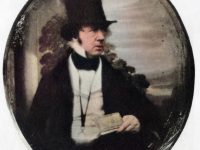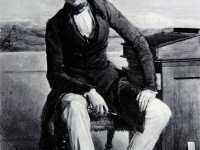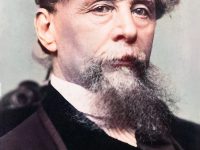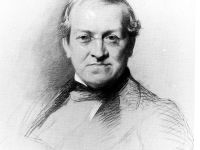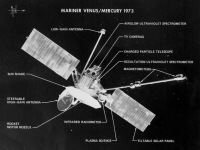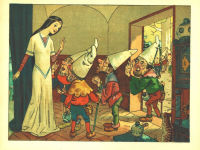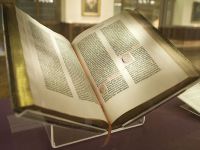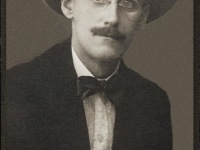The Pencil of Nature – Photographic Pioneer Henry Fox Talbot
On February 11, 1800, Henry Fox Talbot, British inventor and photography pioneer was born, who invented the calotype process, a precursor to photographic processes of the 19th and 20th centuries. Like other pioneers of early photography, Talbot not only was occupied with the processing technology, but also is known as an photographic artist. Moreover, Talbot‘s talents also extended to mathematics, astronomy, and archaeology. Actually, he even participated in the translation of the…
Read more

